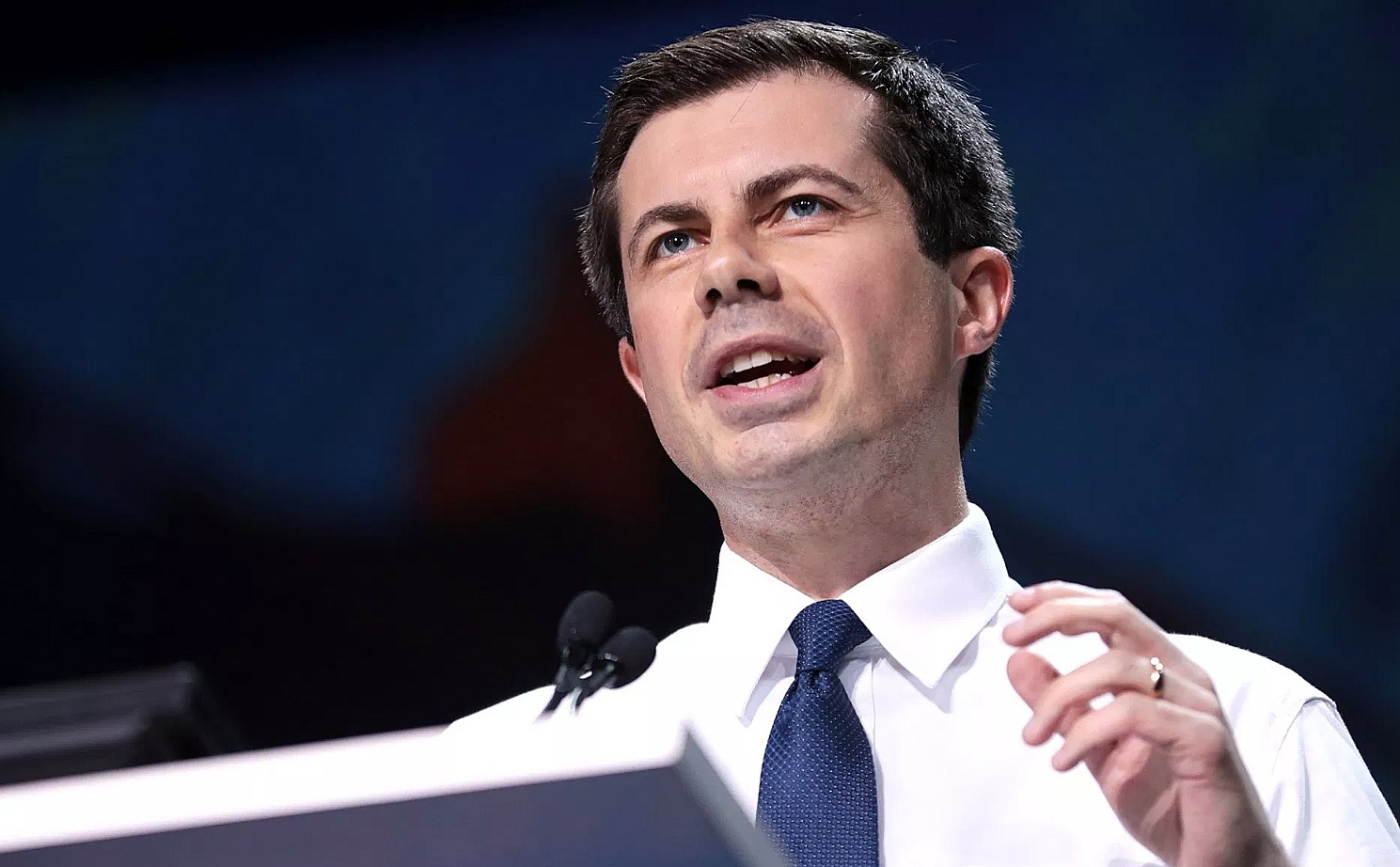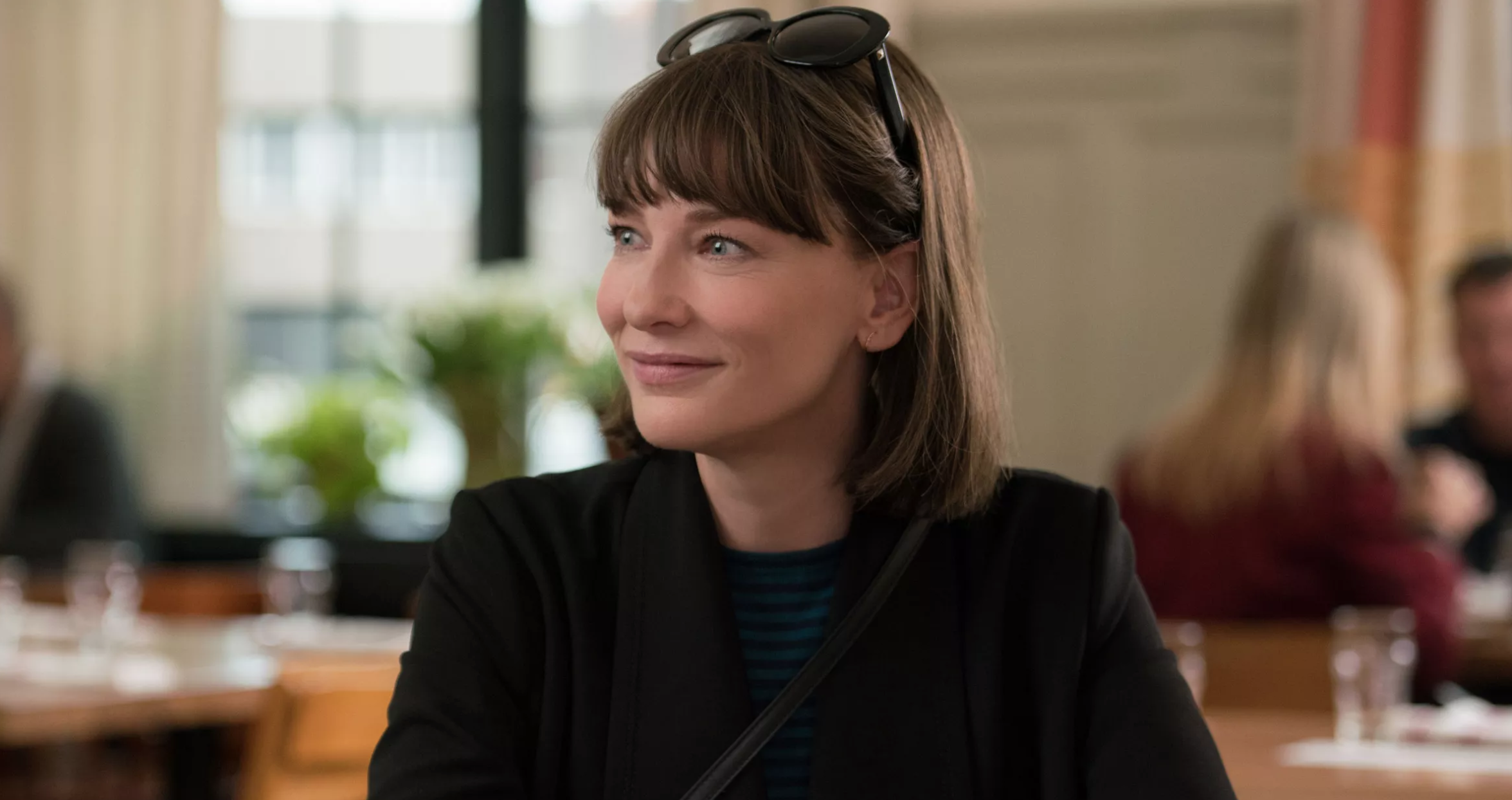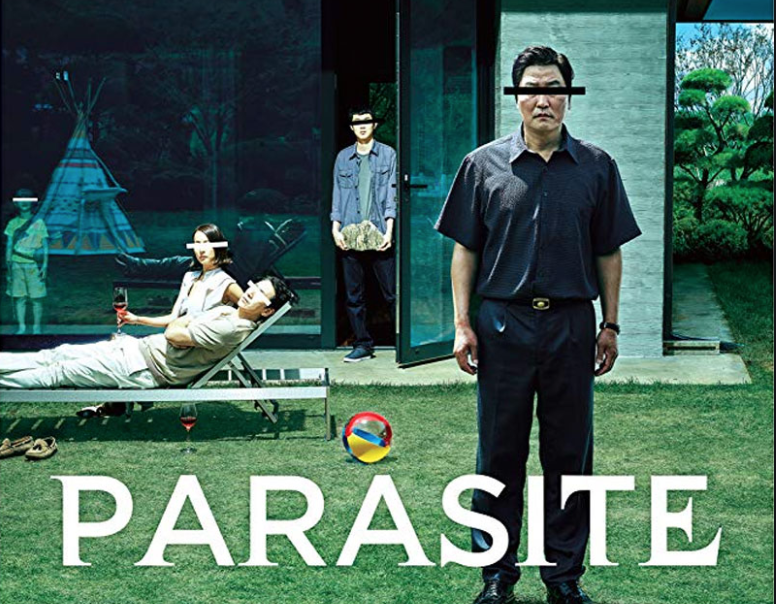And it’s mostly due to Trump’s trade war with China.
Day: August 14, 2019
Genuinely Terrified
Pete Buttigieg, the only candidate I feel truly excited about, is fourth or fifth-ranked in the polls. Typewriter Joe, way ahead in terms of likely Democratic voters, is a decent, reasonable guy but a stumbling, doddering gaffe machine who’ll be nearly 80 if and when he’s inaugurated in January 2021. The two most progressive-minded candidates, “stubborn old goat” Bernie and Elizabeth “I have a plan for that” Warren, humanist and compassionate as they are and as much as I admire them personally, probably can’t beat Trump if nominated. And the reedy-voiced Kamala Harris, all five foot two inches of her, may not have the horses either.
This is a really awful situation. I see disaster on the horizon, and it’s largely due to laziness, stubbornness and/or closet homophobia. Who the hell cares about sexual behavior? Was the fact that JFK was a hound…did that mean anything in terms of his effectiveness as a U.S. President? The worst monster in the history of the Presidency actually has a shot at re-election. Good God — it’s a slow-motion nightmare.
Better Than Expected
Richard Linklater‘s Where’d You Go, Bernadette (Annapurna, 8.16), based on Maria Semple’s same-titled 2012 novel, is basically Diary of a Mad Architect.
It bears little relation to Frank Perry‘s Diary of a Mad Housewife except for the “mad” part, and even then it’s a different kind — very Seattle-ish and 21st Century, extremely fickle and antsy and yet, for me, diverting and almost fun in a contact-high kind of way.
Bernadette was originally slated to open on 5.11.18, and then was bumped four times (11.19.18, 3.22.19, 8.9.19, 8.16.19). That’s always a sign that something’s wrong, but guess what? Linklater’s film is spotty and imperfect, but it half-works. Make that two-thirds.
This is largely because of Cate Blanchett’s nervous, neurotic, irritated performance as Bernadette Fox, a frustrated ex-architect who’s floundering and miserable because she’s given up her drafting table. As her friend Paul Jellinek (Larry Fishburne) says, “People like you must create…if not, you become a menace to society.”
And because she’s become an agoraphobe. Because she despises conventional living and the Seattle mothers sorority whom she’s expected to pal around with. She loves her daughter Bee (Emma Nelson), who’s extremely loyal and bright, and is on mildly ambivalent terms with her software-genius millionaire husband, Elgie (Billy Crudup).
Bernadette is a prickly pear (along with Frank Lloyd Wright, Howard Roark, Frank Gehry and every other architect worth his or her salt) but I understood her — I recognized a kindred spirit. And I honestly liked and related to her more when she was agitated and dismissive and hoarding medication than when she was smiling and creatively fulfilled and hugging Elgin and Bee during the South Pole finale.
Because in a way Bernadette is a cousin of Randall P. McMurphy — she’s been wounded over an architectural debacle that happened in Los Angeles, and she really hates conventional mindsets and people who cluck-cluck and go along, and there’s just no peace in her heart when it comes to most manifestations of middle-class normality.
That aside I didn’t believe that Bernadette and family would live in a 19th century, vine-covered Edgar Allen Poe mansion. Nobody would allow that much flora to cover and in fact smother their home. No architect would allow that much rot and ruination to affect his/her living space.
And it made no sense at all for a landscape architect to advise that vines and bushes be removed from a hilly area in the middle of Seattle’s rainy season.
Springsteen Deliverance
In The Big Sick, Kumail Nanjiani‘s life (standup comedian, Uber driver) is restricted by his Pakistani-born parents, who expect him to follow tradition by marrying a Pakistani woman. In Bohemian Rhapsody Rami Malek‘s “Freddie” Bulsara encounters disapproval from his Indian Parsi father. In Yesterday, Hamesh Pital‘s life as a struggling musician is partly complicated by a lack of understanding from his Indian-born parents.
And now Blinded By The Light, a family drama set in the racially divided town of Luton of 1987, in which the central conflict is between Viveik Kalra‘s Javed, a hurting British teen spelled by the music of Bruce Springsteen, and his stern Pakistani-born dad (Kulvinder Ghir).
In short, Blinded By The Light (Warner Bros, 8.16) is a familiar tale, but in form it’s something else — a musical coming-of-age drama in which Springsteen’s songs are experienced and occasionally performed in a kind of imaginary fashion, at times with the digital-software lyrics swirling around Javed, and at other times sung in traditional musical style a la Rocketman. The influence of director Gurinder Chadha (Bend It Like Beckham) is big on exuberant feeling and inventive choreography.
It’s an approvable film for the most part, but the depictions of anti-Pakistani racism from local skinheads (Thatcherism was flying high back then) are on the concise and cursory side. And it didn’t have to end in a happily-ever-after way.
Having dealt with a brusque and disapproving father myself, I can say with authority that sometimes it takes a while for a toxic father-son relationship to heal. (My dad became a nicer, warmer person after he went into AA, but he could still be a dick.) Ghir’s character is a gruff asshole for 95% of the film, and then offers his son unqualified love and support during the last ten minutes. I didn’t need that, thanks.
I basically resent films that seem stubbornly devoted to the idea of a “happy ending” (and Blinded By The Light is really happy at the finish) rather than the way things often turn out in real life. But my overall reaction to Chadha’s film (which premiered at last January’s Sundance Film Festival) is basically thumbs-uppy, in part because I remember how important music was to me when I was a miserable 17 year-old…God, I would have died without it.
Bucket of Water
[7:25] Anderson Cooper: “Isn’t the Republican party now Trump’s?” Anthony Scaramucci: “No, no…it’s like I told John Berman. It’s like the green witch.” [Note: Mooch is referring to Margaret Hamilton’s Wicked Witch of the West in The Wizard of Oz.] “Once you throw the water on the green witch and she starts melting, those gray soldiers said ‘hey, Dorothy, we’re sorry about this. We were behind the green witch because of the perception of her power…okay?’ If [Republicans] come to him as a unit…they know I’m right, they know I’m right. They’re just afraid to say it because they don’t want to get primary-ed, they don’t want to get Trump twitter lit up, like the big cyber bully that he is.”
By My Sights…
…as close to perfect as a gently erotic, deeply passionate period drama could be. Simultaneously restrained and highly charged, and intensely performed by Noemie Merlant (as a portraitist) and Adele Haenel (as a young woman reluctant to be married off, presumably for reasons of orientation).
Director Celine Sciamma‘s minimalist approach delivers the right tone, touch and emphasis, and I mean precisely.
Any film that re-ignites your (possibly) dormant love of Vivaldi’s “Four Seasons” as a climactic send-off is doing something right.
Wiki boilerplate: At the end of the eighteenth century Marianne (Merlant), a young painter, is commissioned to paint a portrait of a young woman to be used to elicit marriage proposals. Knowing that the woman, Heloïse (Haenel), has previously refused to sit for portraits as she does not want to be married, Marianne disguises herself as a lady’s maid in order to gain her subject’s trust only to find herself inadvertently falling in love with her.”
Wiki subtext: “In 2014 Haenel revealed she was in a romantic relationship with Sciamma, whom she met on the set of Water Lilies by publicly acknowledging their relationship in her acceptance speech for her César award in 2014. As of 2018 she was in a relationship with singer Julia Lanoe.”
Least Problematic Bong Joon-ho
Before Parasite, I’d seen four films by respected Korean director Bong Joon-ho — The Host (’06), Mother (’09), Snowpiercer (’13) and Okja (’17). My reactions were the same all along — I admired the craft and energy, didn’t believe the stories. To me it seemed obvious that Bong was more into high impact movie-ness than establishing at least a tenuous relationship between his scenarios and the terms and conditions of real life.
The darkly humorous Parasite, which I saw three weeks ago, is different. For the first time Bong allows you to half-invest in the story (co-written by himself and Han Jin-won), which offers a satiric portrait of South Korea’s haves and have-nots. Up to a point, the world of Parasite actually resembles the way things are, or at least could be. But it still feels more movie-ish than persuasive.
There’s no believing that the desperately poor Kim family (mom, dad, son, daughter), each having wangled jobs from the rich Park clan, could successfully pretend over the long run to be non-related strangers in the eyes of their employers. It’s completely reckless and stupid for the Kims to gorge on fine food and get drunk while the Parks are away on on a brief vacation, and it makes no sense to admit a resentful former employee into the home while they’re bombed. And the violent ending is absurd. But I liked it better than the previous four Bong flicks, and that’s not insignificant.
U.S. and British critics have been creaming over Bong Joon-ho films since The Host. They’re invested in this history, and will never modify their enthusiasm. All this trailer does is pass along the ecstatic Cannes reviews.



